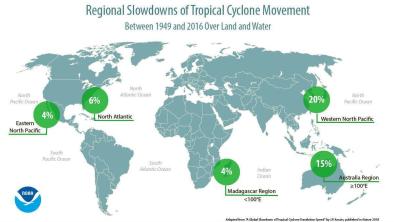Science Source
Fungal-derived semiochemical 1-octen-3-ol disrupts dopamine packaging and causes neurodegeneration
- States that Parkinson's disease (PD) is the most common movement disorder and, although the exact causes are unknown, recent epidemiological and experimental studies indicate that several environmental agents may be significant risk factors
- States that to date, these suspected environmental risk factors have been man-made chemicals
- Demonstrates via genetic, biochemical, and immunological studies that the common volatile fungal semiochemical 1-octen-3-ol reduces dopamine levels and causes dopamine neuron degeneration in common fruit flies
- Finds that mutations decreasing expression of the vesicular monoamine transporter (VMAT) and tyrosine hydroxylase exacerbated toxicity
- Finds that furthermore, 1-octen-3-ol also inhibited uptake of dopamine in human cell lines expressing the human plasma membrane dopamine transporter and human VMAT ortholog, VMAT2
- Data show that 1-octen-3-ol exerts toxicity via disruption of dopamine homeostasis and may represent a naturally occurring environmental agent involved in parkinsonism
Related Content
Headline

Jun 6, 2018 | LA Times
Hurricanes and typhoons are slowing down, which means more time to do damage
Headline

Jun 6, 2018 | KPRC
Report gives new insight into just how bad Hurricane Harvey was
Science Source
| Nature
A global slowdown of tropical-cyclone translation speed
James P. Kossin
Headline

May 24, 2018 | The Weather Channel
New NOAA Maps Show the Torrents Harvey Unleashed on Texas


